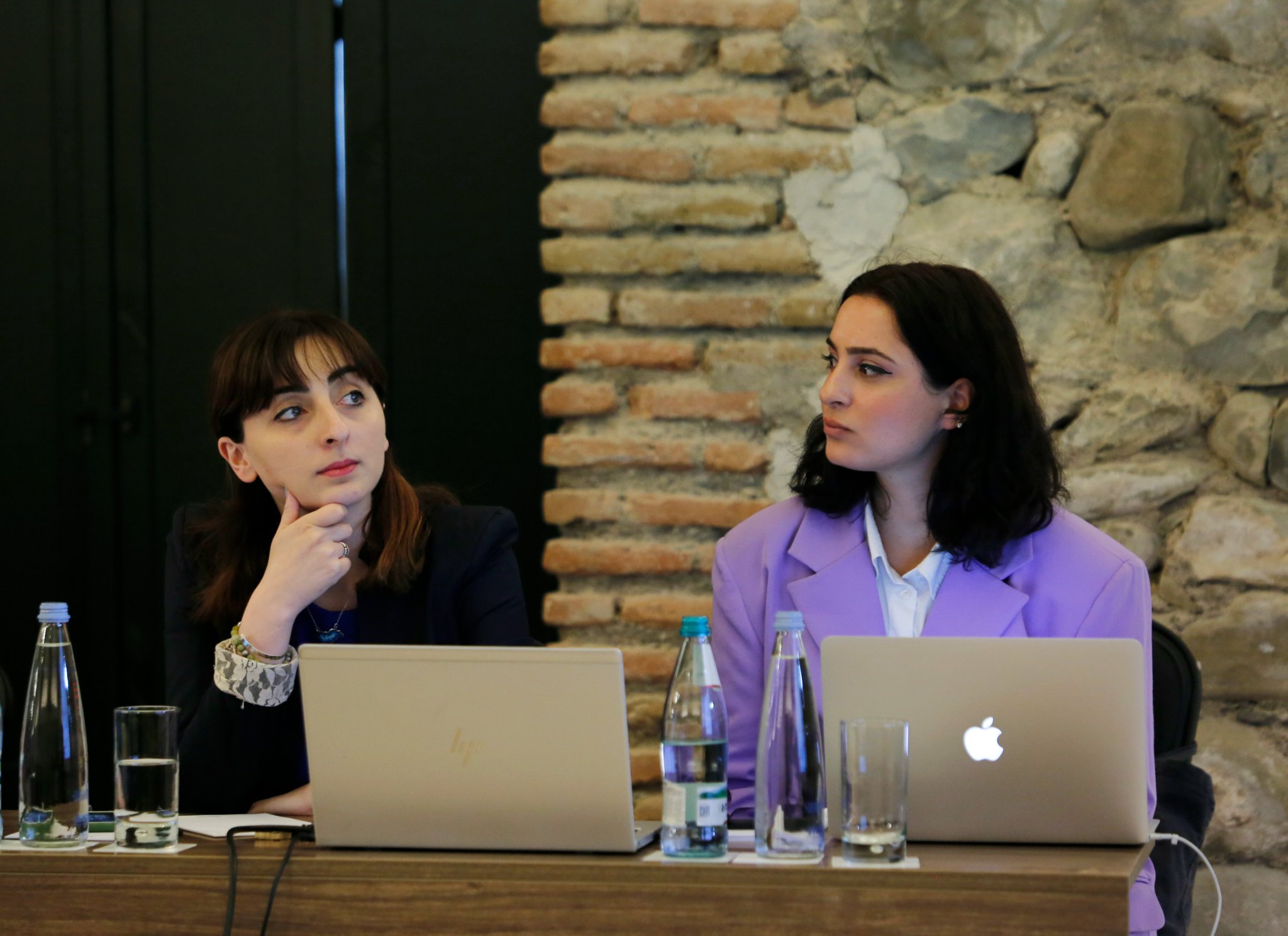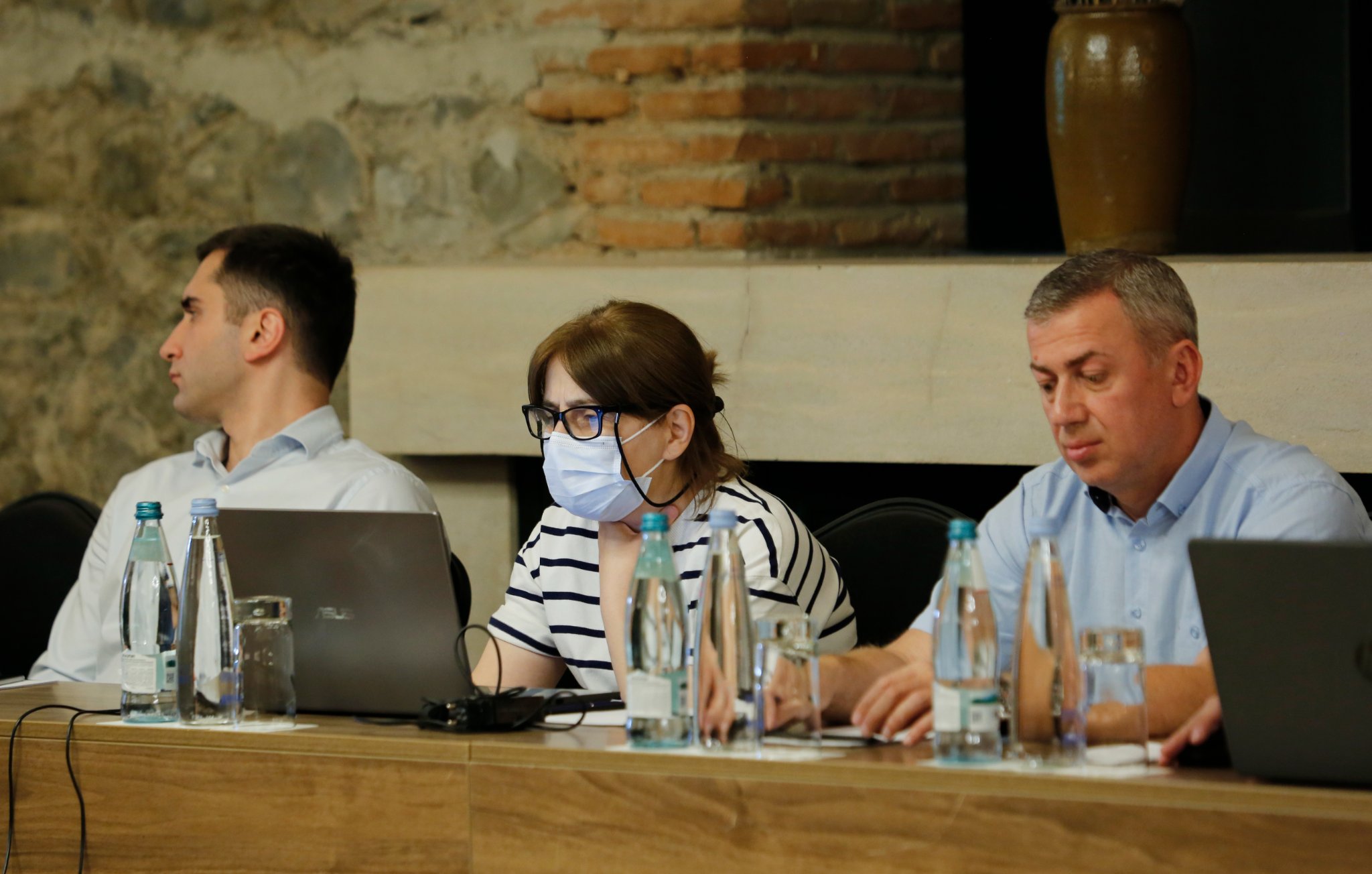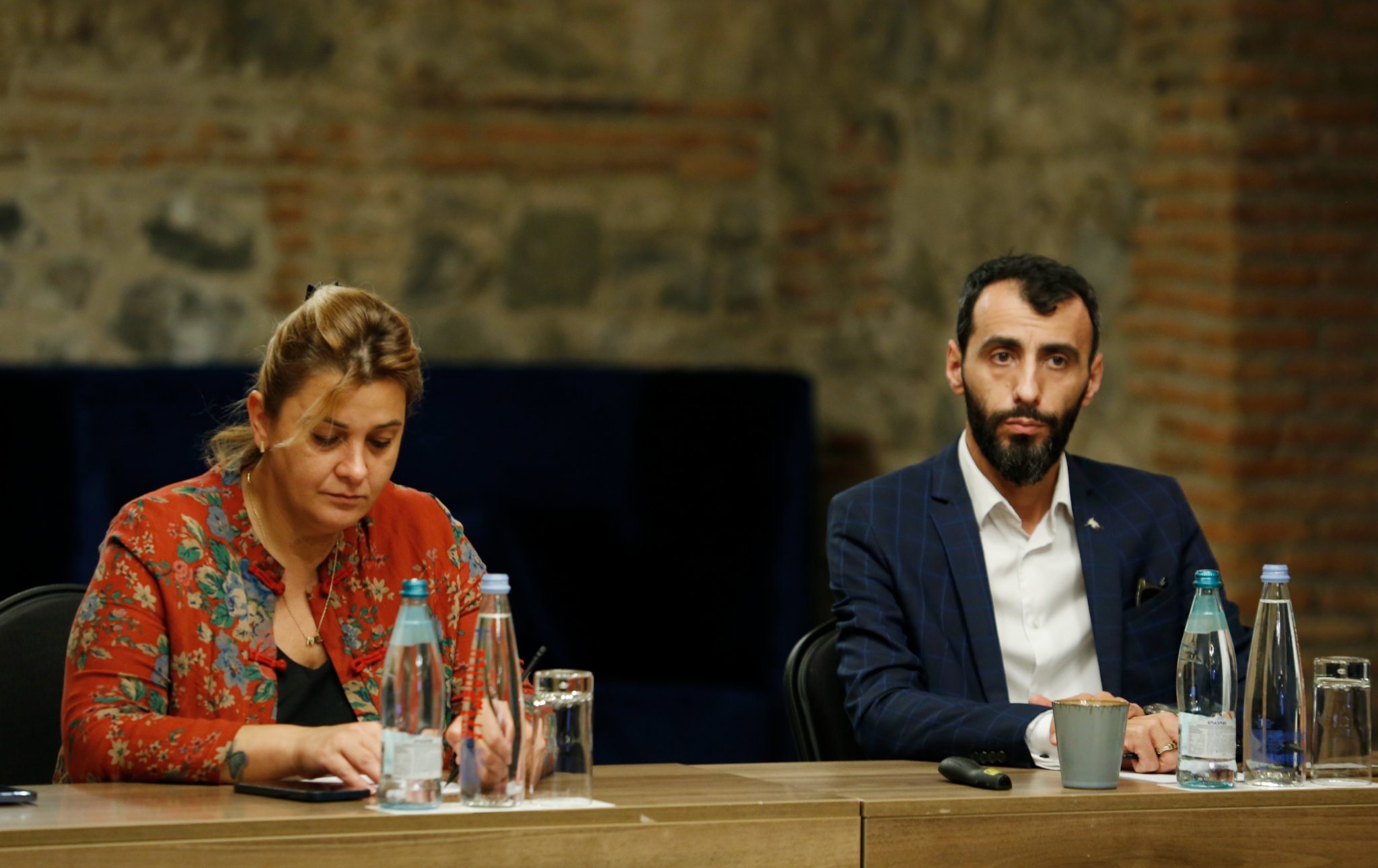News
The Draft Law of Georgia on ‘’Biological Diversity’’ to discuss at the meeting
The Deputies of the Minister of Environmental Protection and Agriculture, Mrs. Nino Tandilashvili and Mr. Kakha Kakabadze, Mrs. Nino Enukidze, Deputy Minister of Economy and Sustainable Development, and Mrs. Mzia Giorgobiani, Deputy Minister of Regional Development and Infrastructure attended the event on the Draft Law of Georgia on ‘’Biological Diversity’’, which was organized by the Ministry of Environmental Protection and Agriculture, with the financial assistance of the Swedish Government.
" The obligations envisaged by the new draft law embrace both the state infrastructural projects and the private sector. Moreover, each state agency should be actively involved in the draft review process to ensure, that the draft law submitted to the parliament will support the protection/conservation of biodiversity, will be enforced/applied in practice and will not hinder the economic and infrastructural development of the country", Mrs. Nino Thandilashvili noted.
During the meeting, the Head of the Biodiversity and Forestry Policy Department, Mr. Carl Amirgulashvili delivered a presentation on the new draft law.
The Law on Biological Diversity regulates the protection of species, habitats, ecosystems and landscapes, the creation and management of areas included in the international networks, and the utilization of wild plants, mushrooms, also wild animals related issues.
The law is based on the guidelines of the International Union for Conservation of Nature (IUCN) and aims to implement the obligations of the International Convention on Biological Diversity (CBD) and the commitments taken under the EU-Georgia Association Agreement. The adoption of the law is crucial for the development of the national biodiversity strategy and action plan.
The draft law "On Biological Diversity" was prepared by Georgian experts at the initiative of the Ministry of Environmental Protection and Agriculture, with the support of the German Society for International Cooperation (GIZ).



